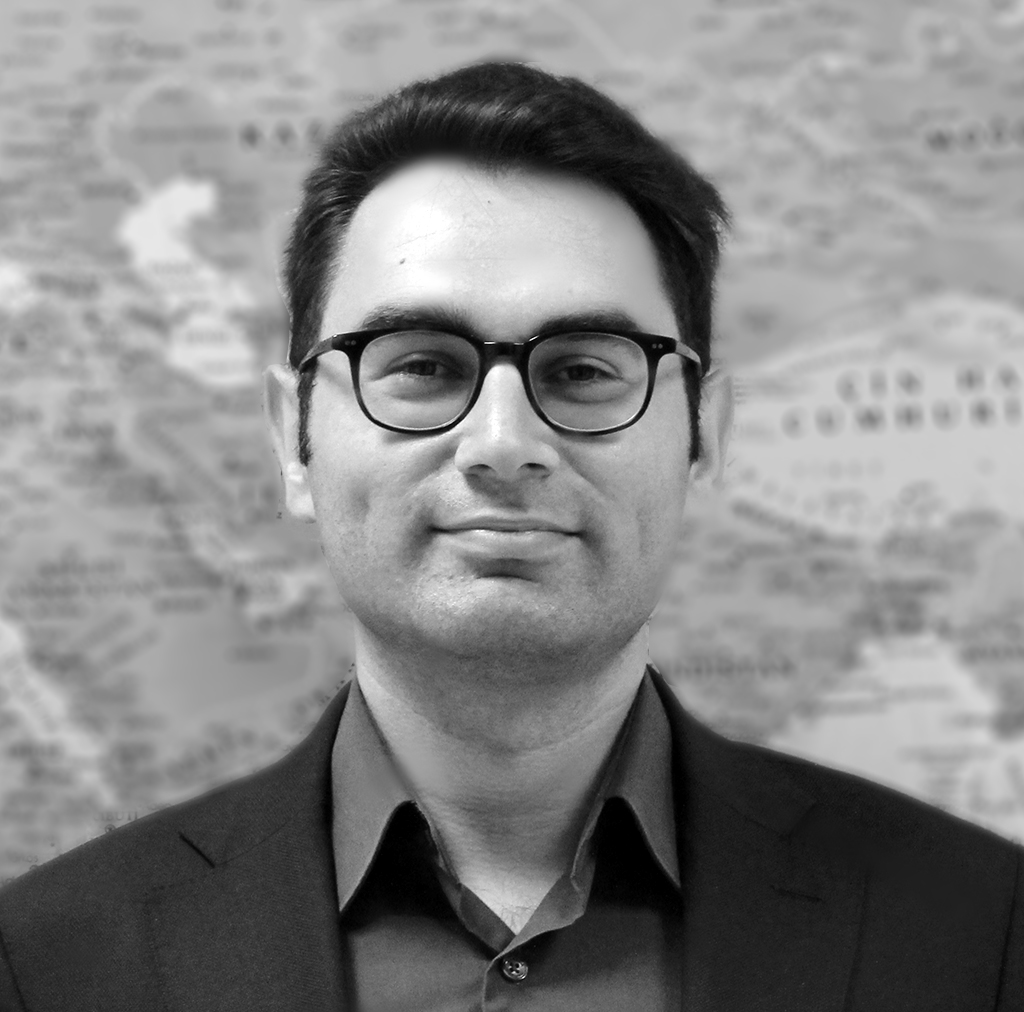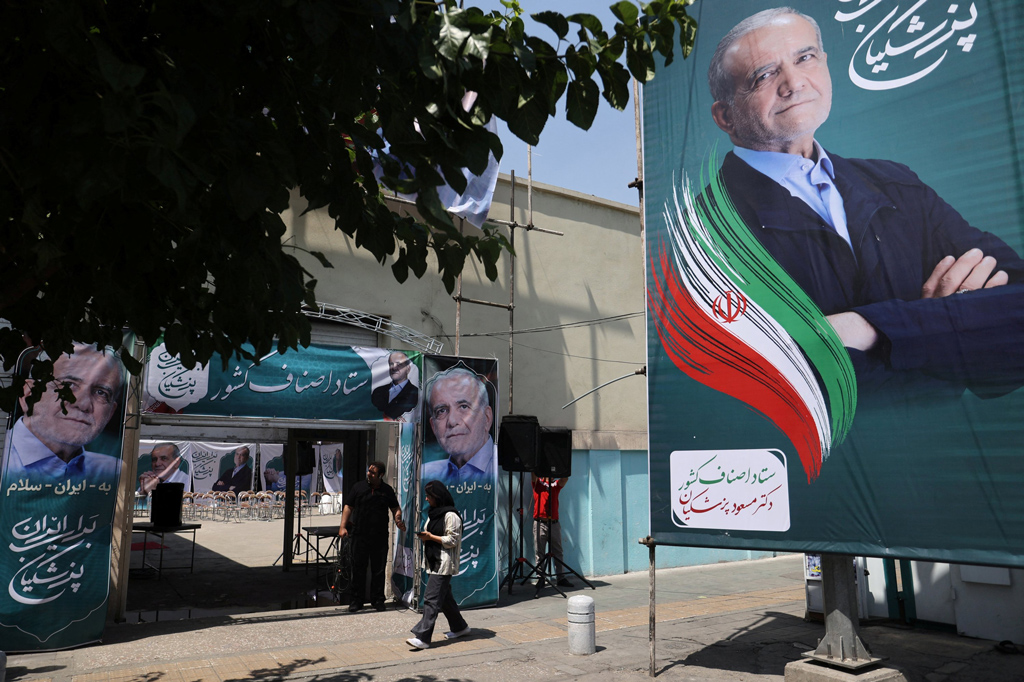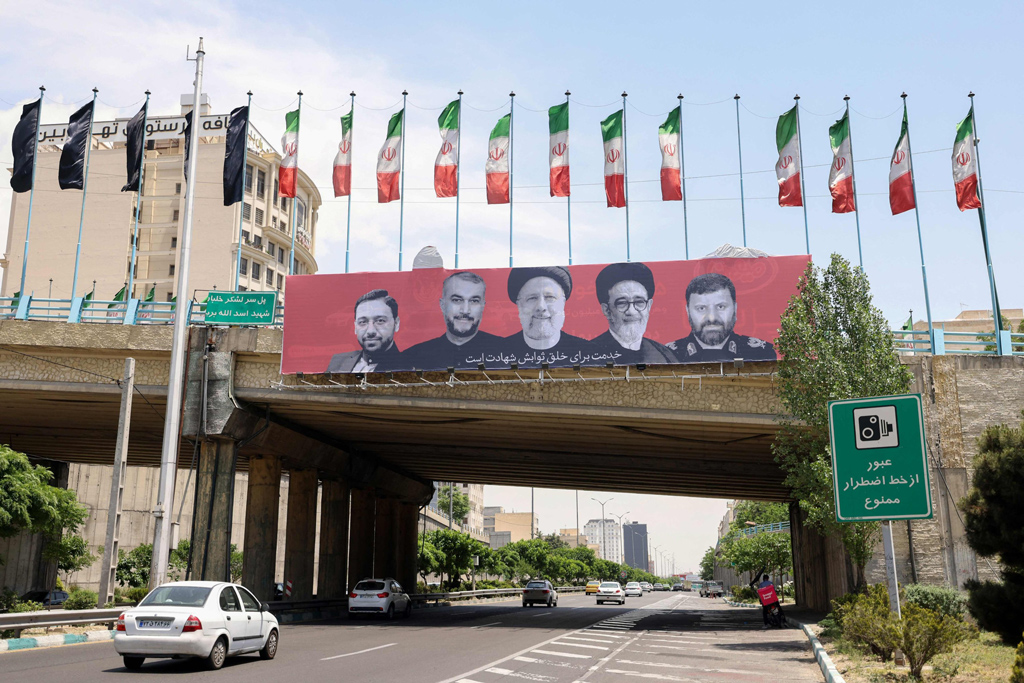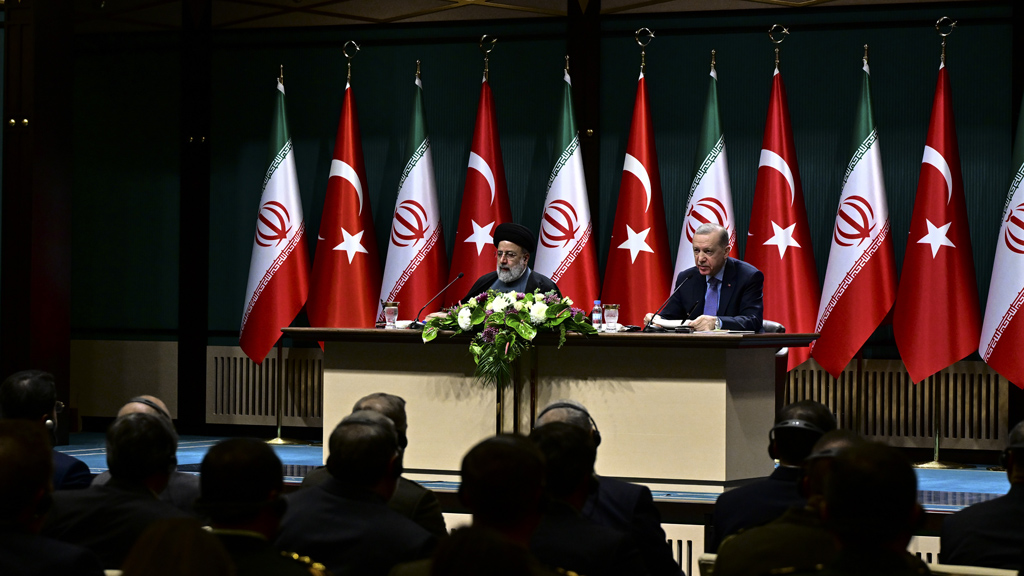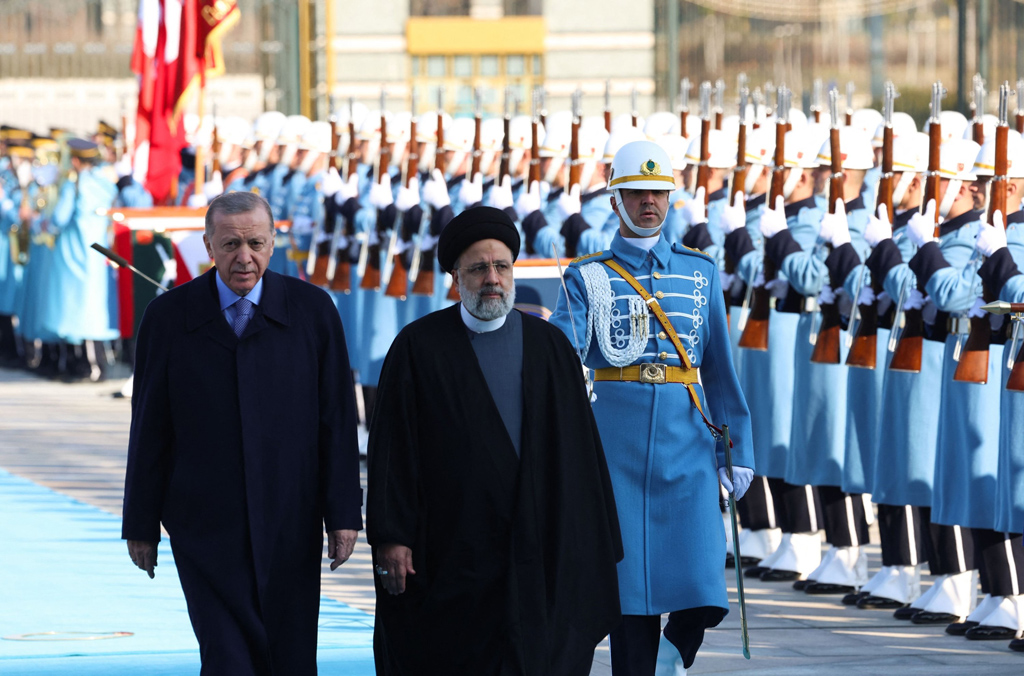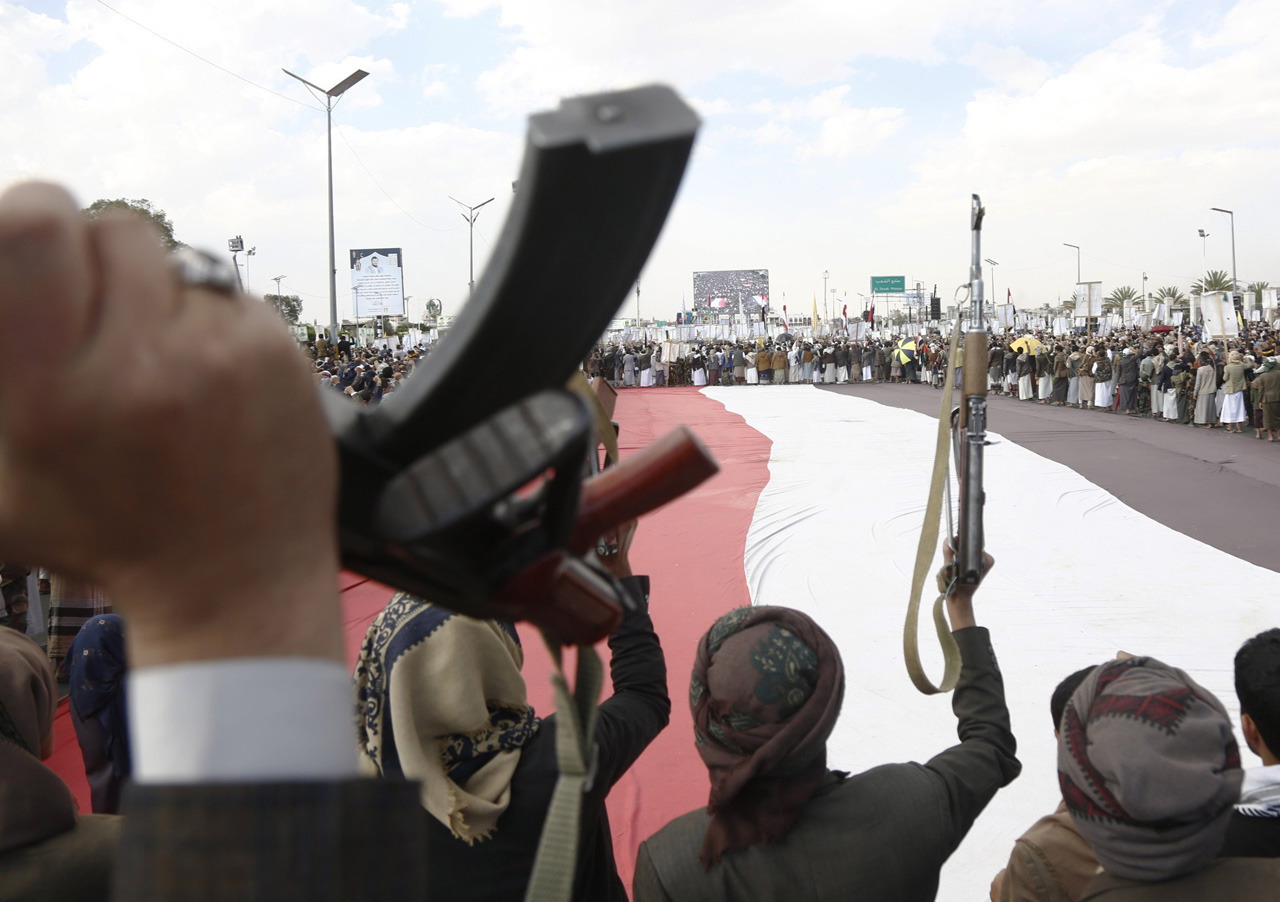Iranians are preparing to go to the polls on June 28, and this election seems to be more exciting than recent parliamentary and presidential elections. The reason for this is the candidacy of reformist Masoud Pezeshkian.
Over the past four years, the Guardian Council’s refusal to allow reformist candidates, limiting the competition to conservative candidates, had driven change-seeking voters away from the polls.
However, this time, there is a candidate that change-seekers can turn to: Pezeshkian.
Candidate profiles
The Guardian Council has approved the candidacy of six individuals: Mohammad Bagher Ghalibaf, Saeed Jalili, Mostafa Pourmohammadi, Alireza Zakani and Masoud Pezeshkian. However, so far, Amir Hossein Ghazizadeh Hashemi and Alireza Zakani have withdrawn from the race in favor of consolidating support behind a single conservative candidate. The number of withdrawn candidates is expected to increase.
Despite initially having six candidates, there is a widespread consensus that the election's focus is on three key contenders, among whom the eventual winner is likely to emerge. Below, I analyze the political stances of these three prominent candidates, the underlying dynamics of the election and the potential outcomes.
Pezeshkian, who served as the minister of health during the presidency of reformist Mohammad Khatami, has been a long-standing member of parliament representing the East Azerbaijan province. Recent polls indicate that Pezeshkian's support is increasing. He is running his campaign with figures from Hassan Rouhani's Cabinet, such as Mohammad Javad Zarif and Mohammad-Javad Azari Jahromi. Pezeshkian, who is himself ethnically Turk, has garnered support not only from Turks but also from Kurds, Baloch and other minority groups. Former reformist President Khatami and several key reformist organizations have also announced their support for Pezeshkian.
Pezeshkian's advantage lies in the presence of multiple conservative candidates, which could divide the conservative vote. His disadvantage, however, stems from the waning hope among reformists for meaningful change. The reformers initially aimed for a transformation rooted in loyalty to the system's foundations. Yet in recent years, reform-minded individuals in Iran have begun to question the system itself. There are even opposition groups in Iran who view support for Pezeshkian as a "betrayal," arguing that there is no free electoral process in Iran. While such groups have always existed, the political atmosphere, particularly following the Mehsa Emini protests, may have bolstered their numbers.
Muhammad Baqer Ghalibaf is a pragmatic figure within the conservative spectrum, often categorized as a traditional conservative. Currently serving as the speaker of Parliament, Ghalibaf previously held the position of mayor of Tehran but has faced challenging times due to allegations against his family in recent years. As a former commander of the Revolutionary Guards, Ghalibaf is known to have the support of the Revolutionary Guards Corps. His extensive experience in administrative roles and consistent political stance make him an ideal choice for moderate conservative voters.
Saeed Jalili, compared to the other two promising candidates, is a figure who leans towards a more radical position. He once served as an advisor to Ahmadinejad and as the Secretary of the Supreme National Security Council. Known for his firm and uncompromising diplomatic stance, Jalili maintains a cautious distance from any engagement with the West. During his tenure as Iran's chief nuclear negotiator from 2007 to 2013, negotiations failed to yield results, resulting in Iran facing some of its harshest nuclear sanctions.
Key discussions and potential outcomes
One of the most significant political debates in Iran in recent years revolves around the mandatory wearing of the hijab by women. This requirement, unique to Iran and Afghanistan among countries worldwide, has sparked widespread protest movements in Iran, particularly triggered by events like the death of Mehsa Emini while in custody. Presidential candidates generally agree on the compulsory hijab rule but differ on how it should be implemented. Except for Pezeshkian, other candidates advocate for its enforcement through the morality police and even ordinary citizens helping law enforcement. Pezeshkian, however, opposes the policing of attire by moral police but does not object to the dress code itself.
Relations with the West, the nuclear deal and U.S. sanctions are also critical topics of the debates. These issues highlight the significant differences between Pezeshkian and other candidates. Pezeshkian advocates for engagement with the West, particularly the United States, and for fostering constructive relationships. In contrast, other candidates are seen to hold starkly opposing views on these matters. Particularly, Jalili's stance on these issues is notably firm and uncompromising.
In recent statements, Ayatollah Khamenei's remarks on U.S. relations have been interpreted as aligning with Jalili's position, indicating his support for Jalili. However, while Khamenei's comments may be perceived as supportive, the effectiveness of this endorsement and whether it will benefit Jalili are subjects of debate. In the 1997 elections, Khamenei openly supported Ali Akbar Nategh-Nuri, which backfired, resulting in reformist Mohammad Khatami's victory. Given the entrenched perception in Iran that elections, including candidacy processes, are controlled by the supreme leader, any statements from Khamenei perceived as endorsements may potentially yield unintended consequences contrary to their intended impact.
The outcome of the elections will also be determined by the turnout. A high turnout would favor Pezeshkian, whereas a low turnout would benefit conservative candidates. It is known that those who abstain from voting often have a dissenting identity. In previous elections, the exclusion of reformist candidates deterred opposition voters from participating. Permitting Pezeshkian to run in these elections serves to potentially increase turnout, thereby bolstering the legitimacy of the system. However, polls indicate that there hasn't been a significant increase in voter turnout. Of course, elections are always prone to surprises.
Polls indicate that there is little chance that the election will end in the first round. In the event that Pezeshkian and a conservative opponent get to the second round, conservatives may unite in opposition to Pezeshkian. Currently, aside from Zakani and Hashemi, no other candidate has announced their intention to withdraw in favor of another, as of the time this newspaper went to press. As the election gets closer, candidates might decide to withdraw. However, it seems unlikely that the election will be decided in the first round unless it becomes a two-candidate race. Given this outlook, Iran appears poised for a dynamic political agenda in the coming days.
